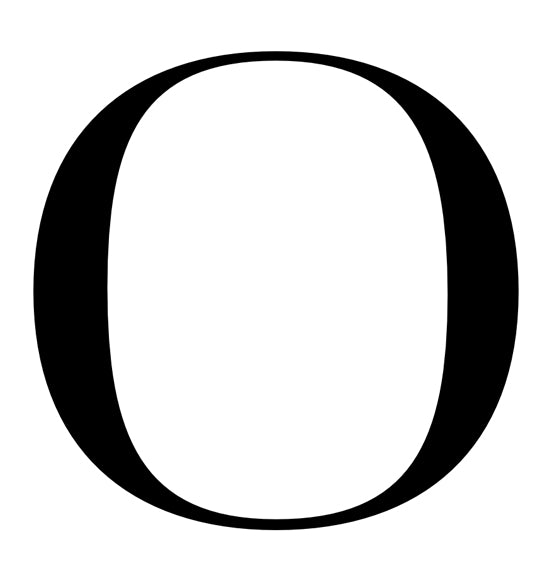
Today we are going to talk about the Fashion Revolution, a movement which is extremely important for us. Each year, in the week surrounding the 24th of April, which constitutes the anniversary of Bangladesh factory collapse, we hold a worldwide fashion revolution week in remembrance of the victims of this terrible disaster which was caused by the effects of fast fashion industry.
What is it?
Fashion Revolution was born in the aftermath of the Rana Plaza disaster in 2013 and it has become the world's largest fashion activist movement which brings together citizens, businesses, marketers, academics and governmental bodies through research, education, and advocacy to stop the negative effects caused by the fast-fashion industry. The mission of Fashion Revolution is to commit businesses to providing fair wages and exercise due diligence by introducing legal regulations that hold businesses accountable to ethical practises. The idea of the Fashion Revolution Week itself is to inform people on the real value of what they buy and wear, and inspire everyone to appreciate the true value of clothes, and to really think through each purchase made.
Rana Plaza Disaster
Rana Plaza is an eight-story fashion-garment factory in Bangladesh which employs over 5000 workers, with the majority of them being young women, to manufacture clothes for some of the biggest retailers in the world. On the 24th of April 2013, the building collapsed as a result of the large structural cracks, poor health and safety working conditions along with numerous engineering issues, which altogether contributed to the tragedy. The number of deadly victims was reported to count as many as 1134 people with thousands more being severely injured.
This horrible accident could have been prevented. The cracks in the building had been discovered and reported prior to the accident happening, yet nothing was done to address the issue apart from closing some of the stores and banks at the bottom floors, leaving garment workers on upper floors still in the building. The pressure from the managerial bodies led to thousands of employees continuing their work as usual, despite life-threatening conditions of the building’s structure.

Fashion Revolution Initiatives
This year’s theme for the Fashion Revolution Week is “Money Fashion Power”.
The garment market drives people into buying things they do not necessarily need, usually in big quantities at relatively cheap prices. By producing way too much too fast whilst utilizing cheap labour and exploiting natural resources, big fashion brands keep growing their revenue meanwhile those who manufacture all the clothing barely make a living, or like in case of the Rana Plaza disaster, pay the highest price of their own life.
The worldwide events which take place this year include a wide variety of sustainable fashion talks and textile industry discussion panels as well as various activities such as bag sewing or upcycling workshops. All of the above are also hosted by industry experts and sustainable activists to adequately educate everyone about the reality of the fashion industry and the ways in which everyone can help battle the negative effects caused by fast fashion. There are also plenty of clothing swap markets organized all over the world, where people can exchange clothing they no longer wear and give them second life, instead of throwing them away.
What can you do?
We, as consumers, have the real power to truly make a difrerence and contribute to positive changes. Just by making the right choices when shopping and investing in better quality products and brands that respect the environment and the workers’ rights, buying less products which will last for longer. Become a conscious shopper. By buying less, we also force the fashion industry to slow down the production in response to the smaller demand. Do not be afraid to contribute to reinforcement of that change. Stand up for what is right!
Organique was also created with the mission of moving the fashion industry towards sustainability. We are committed to using high-quality, low-impact fibres, to create fashion staples that will last, whilst caring for the environment, animals, and the people. We also believe in full brand transparency, because everyone deserves to know what they are buying, and how it was created.
“Demand quality, not just in the products you buy, but in the life of the person who made it.” - Orsola de Castro
“Fast fashion isn’t free. Someone, somewhere, is paying.” – Lucy Siegle

Author: Agata Parylak

